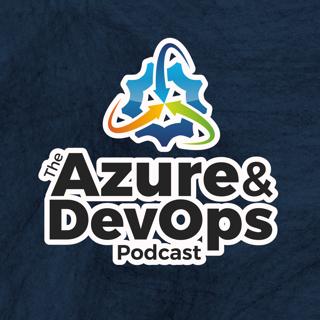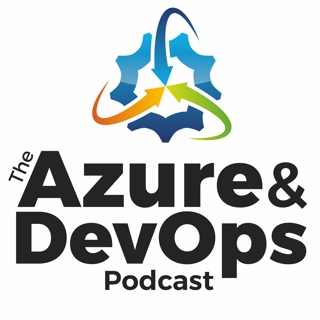
David Starr: DevOps Success Story - Episode 388
David Starr is the President and Founder of Cumulus26, which helps companies succeed in the Microsoft Azure Marketplace and other facets of Azure. He's had a multi-decade career at Microsoft, Godaddy ...
9 Feb 46min

Kevin Griffin: Engineering for System Uptime - Episode 387
With over 20 years of software development experience, Kevin Griffin is a passionate and versatile leader, trainer, and consultant in the .NET ecosystem. He has worked with various industries, from th...
2 Feb 46min

Maddy Montaquila: .NET Update - Episode 386
https://clearmeasure.com/developers/forums/ Maddy Montaquila is a Senior Product Manager on the Aspire team and has previous been on the MAUI team and has been working with .NET mobile apps since 2018...
26 Jan 47min

Graham McMillan: Database DevOps - Episode 385
Graham is the Chief Technical Officer at Redgate Software, where he leads the teams behind industry‑leading Database DevOps tools. Before Redgate, Graham's experiences includes multiple decades in com...
19 Jan 36min

Carola Lilienthal and Henning Schwentner: Domain-Driven Transformation - Episode 384
Carola Lilienthal is an architect and coach at Workplace Solutions. She is the author of Sustainable Software Architecture and shares her knowledge at international conferences. Henning Schwentner is ...
12 Jan 35min

AD 2025 - The Year of AI-Driven Development – Looking Ahead to 2026 - Episode 383
Today I'm going to reflect back on 2025, highlight some things and project forward into 2026. I think there are some very important developments and changes that we all shipping custom software need t...
5 Jan 12min

Scott Hanselman: The Future of Software Engineering - Episode 382
Scott Hanselman is a teacher at heart. He speaks all over to whoever will listen. He's have written code that you, dear listener, has used. Scott has been blogging, coding, and podcasting a LONG time....
29 Dec 202538min

Glenn Condron: Aspire Strategy for .NET - Episode 381
Glenn is a Principal Product Manager for the App Platform team within the Developer Division at Microsoft, focusing on .NET. Before joining Microsoft Glenn was a developer in Australia where he worked...
22 Dec 202552min






















